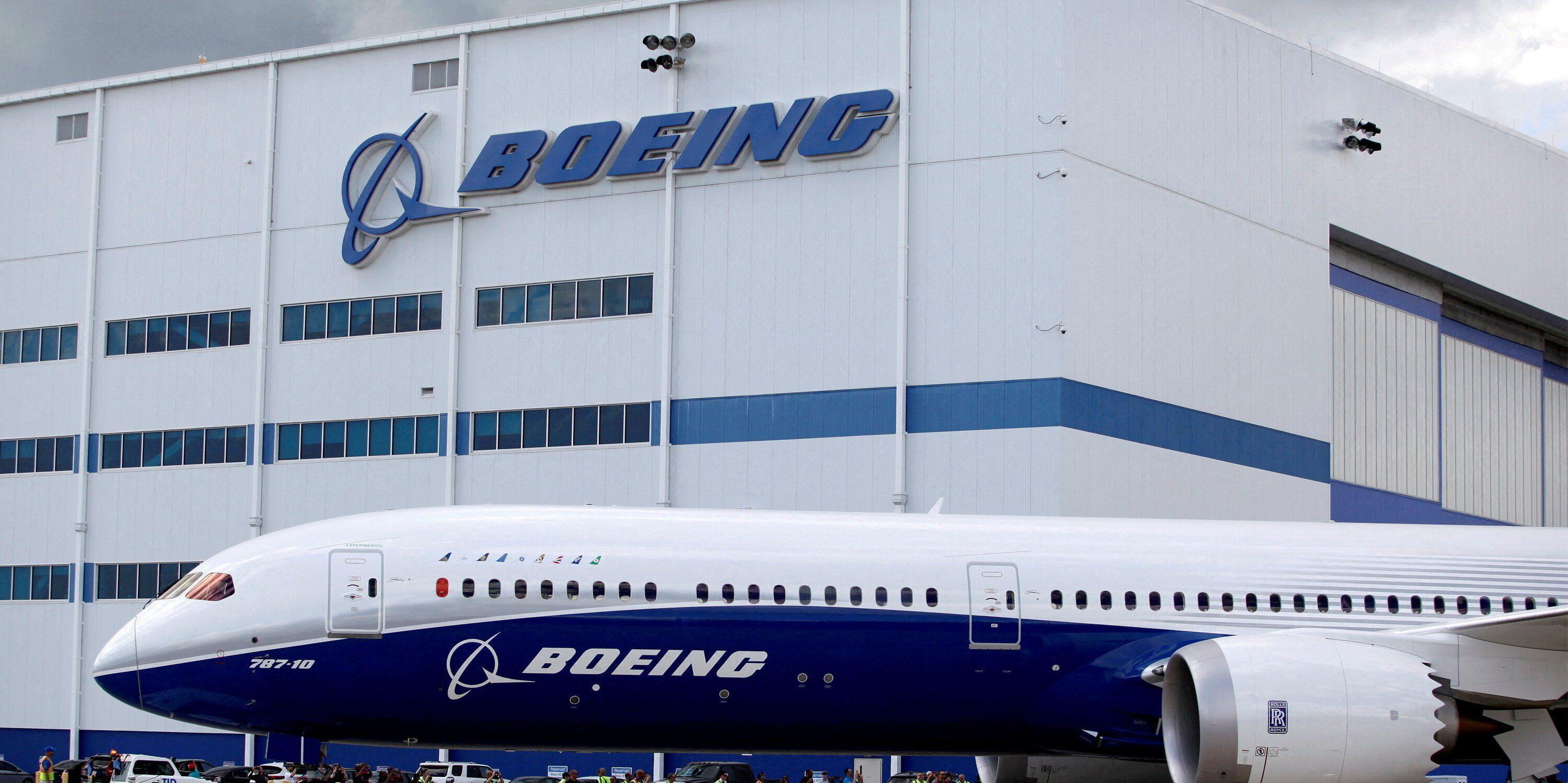
Boeing, once a shining name in the global aerospace landscape, is now struggling and even considering selling its NASA-related space businesses, such as Starship and the International Space Station program. This event is not only the turning point of Boeing's own fate, but also has a profound impact on the global aerospace industry pattern, and also reflects the problems existing in the development of related industries in the United States.
Boeing's current predicament is no accident, and it exposes some shortcomings in the development model of the US aerospace industry. For a long time, Boeing, as a representative enterprise of the United States aerospace industry, carries the ambitions and expectations of the United States in this field. However, in the process of pursuing commercial interests and technological leadership, it seems to gradually deviate from the track of sound development. Boeing has serious problems in product development and production. Taking its passenger aircraft business as an example, a series of major accidents have brought great threats to global aviation safety. These accidents are not only the embodiment of technical failures, but also reflect the company's serious lack of quality control, safety awareness and other aspects. In the space business, there may be a similar hidden danger, this lack of safety and quality control may be one of the reasons why its space business is in trouble.
From the perspective of business strategy, Boeing's consideration of selling the space business may be an adjustment to its own resources and market situation. But behind this adjustment is a microcosm of the challenges facing the entire U.S. aerospace industry ecology. In the process of the development of the aerospace industry in the United States, excessive reliance on a few giant enterprises has limited the flexibility and resilience of the development of the industry. Boeing, as a key link, has a huge impact on the upstream and downstream of the industrial chain after its problems. In the International Space Station project, many international partners are involved, Boeing's change may disrupt the original plan and pace of the project, affecting the smooth progress of international cooperation. This situation of global cooperation projects affected by the problems of one company reflects that the United States has not fully considered the stability and sustainability of international cooperation in its industrial layout and management.
Moreover, the role of the U.S. government in the aerospace industry is also worth examining. The government should play a guiding and regulatory role in the development of the industry, but in the development of Boeing, the government's regulation seems to have failed to effectively prevent the occurrence of problems. Government support for aerospace companies such as Boeing may be more focused on military and political considerations than on safeguarding the healthy development of the industry and ensuring that companies fulfill their international responsibilities. For example, there is not enough evidence to suggest that the government took strong action to push Boeing to overhaul itself after a spate of accidents. In the space business, there are questions about whether the government's oversight of Boeing's cooperation with NASA is in place, and whether the interests of international partners are truly protected in the execution of the project.
The sale of Boeing's space business is both a warning and an opportunity for other countries and companies in the global aerospace sector. The warning is that companies cannot ignore safety, quality and sustainability in the process of development, and governments cannot focus only on short-term interests and political goals in industrial policy making. The opportunity is that the global aerospace industry landscape may be reshuffled, and other countries and companies can participate in international cooperation and competition on a more level playing field. However, in this process, the United States needs to reflect that the problems of its aerospace industry cannot be solved only through the sale of its business, but should fundamentally examine the entire industrial system and policy mechanism to avoid similar problems causing adverse effects on the global aerospace industry in the future. After all, aerospace is a great cause for mankind to explore the universe and pursue development, which requires the joint efforts of all countries, and the United States should play an active and responsible role in this, rather than letting global partners pay for its corporate problems.

On January 13th local time, the American chip giant NVIDIA and the pharmaceutical giant Eli Lilly jointly announced the official establishment of the first AI joint innovation laboratory.
On January 13th local time, the American chip giant NVIDIA …
On January 9, 2026, a subpoena from the U.S. Department of …
When Trump announced on TruthSocial a 25% tariff on Iran's …
Recently, according to reports from KGO TV of ABC and CalMa…
On January 13, 2026, the STOXX Europe 600 Index closed 0.2%…
A recent major trade policy adjustment proposed by the Unit…